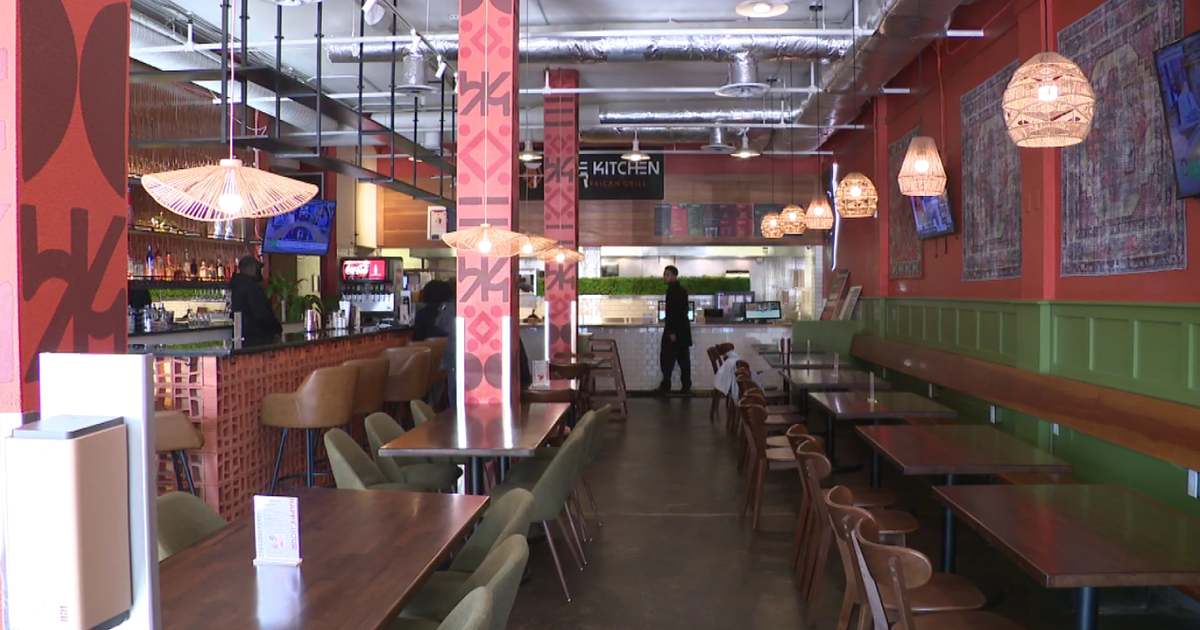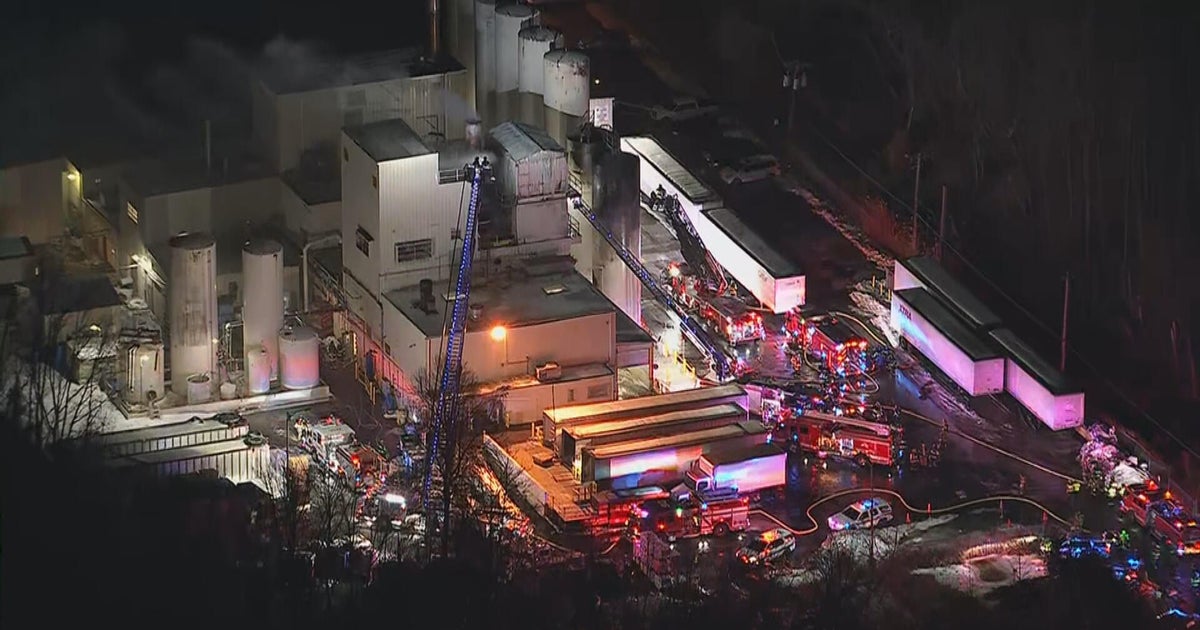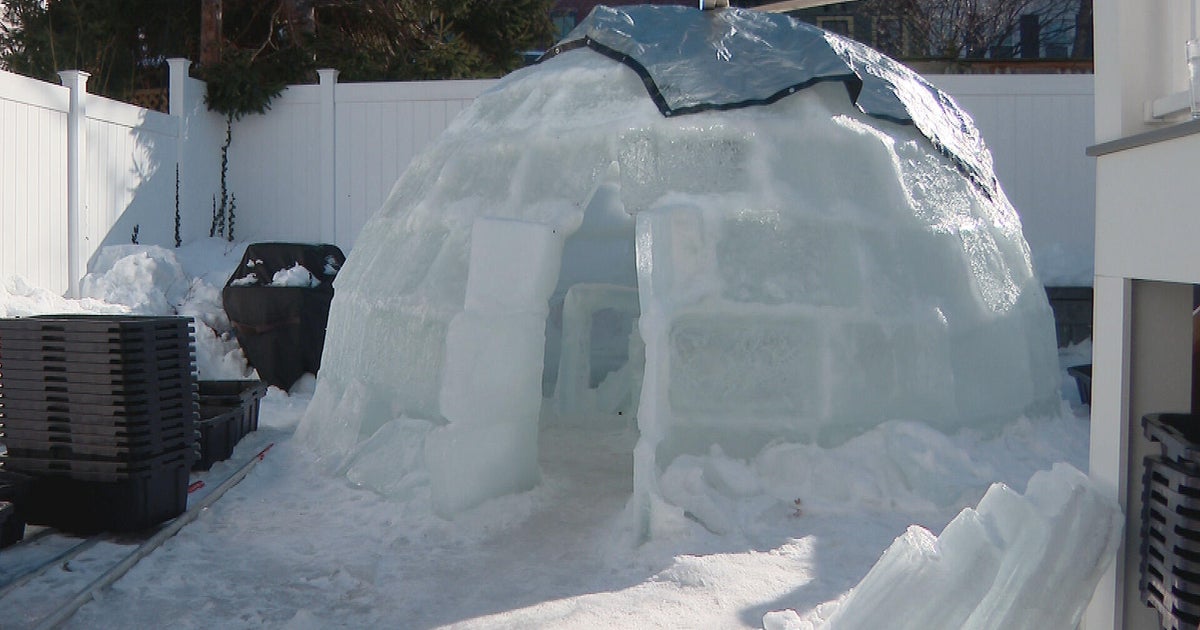'Ghost Kitchens' Popping Up All Over New York City
NEW YORK (CBSNewYork) -- The next time you order food on a delivery app, your meal might be coming from a "ghost kitchen."
These nondescript buildings often house a dozen or more restaurants, but unless you have a phone, you can't eat the food.
At the restaurant chain B. GOOD, you'll find chicken, salads and wraps, but you won't find seats or customers. All the dishes made there are for delivery only. It's what's known as a ghost kitchen.
"As real estate prices go up in downtown Chicago, there's restaurants that are looking to have their footprint here in the city that just can't afford to do your traditional brick-and-mortar," said William Burns, general manager of B. GOOD's Chicago ghost kitchen.
Ghost kitchens have become popular with the explosion of traffic on food delivery apps like Grubhub and Seamless. That's why established restaurants are also getting in on the act.
"You have to try to see what trends are coming and try to get ahead of the game on that as much as possible," said Michael Kudrna, owner of Frato's Culinary Kitchen.
Ghost kitchens are popping up all across New York City, like Zuul in SoHo.
A recent Ohio State study shows 80% of restaurants don't make it past year five in business, and some New York City Council members say ghost kitchens will only make that problem worse.
"I'm fearful of the future for the traditional mom-and-pop restaurant," Councilman Mark Gjonaj said. "These models could threaten their very existence."
Ghost kitchens allow food providers to experiment with different cuisines, often preparing multiple kinds of food in the same kitchen under the same restaurant name. The model raises health and religious concerns for people with allergies or someone ordering kosher.
"People need to be aware of what they're getting. Somebody might be allergic to peanut butter and they're not telling them. It might be the same bowl, mixing," one man told CBS2's Jessica Moore.
"There should be someone to go in and inspect everything before they're allowed to go onto the website," one woman said.
With at least 60% of U.S. consumers ordering delivery twice a week, this business model seems like an inevitable part of our future food.
City Council says it wants more oversight of ghost kitchens, but it is yet to propose specific regulations or policy options.







